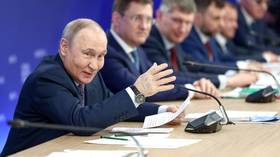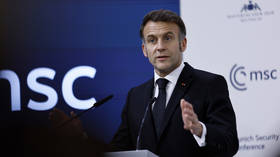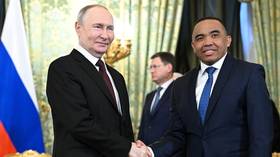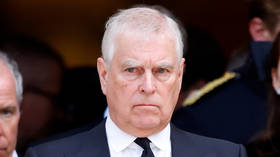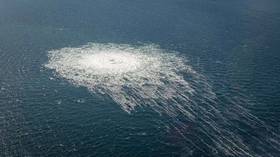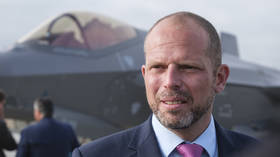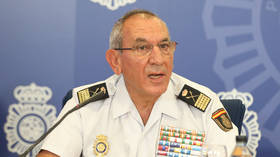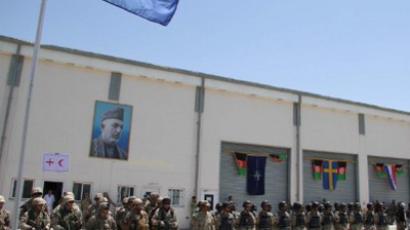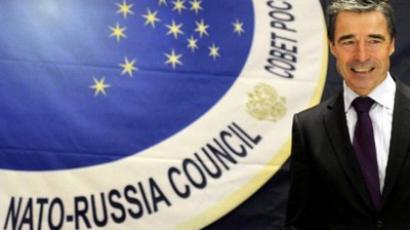Deploying arms in Kaliningrad is legal – FM
Russia is not violating its international obligations by stationing advanced weapon systems in its westernmost exclave, Kaliningrad, Foreign Minister Sergey Lavrov has said.
Speaking at a media conference in Vilnius, Lavrov stressed that Kaliningrad is a sovereign territory of the Russian Federation. “We are not abusing any international commitments,” the minister underlined, as cited by Itar-Tass. Over the past five to six years Russia has removed hundreds of units of heavy weaponry. “And, of course, we will replace them with more modern arms,” Lavrov said. He noted though that this is being done in the context of the Russia-NATO dialogue. Moscow and Brussels remain at odds over the planned US missile defense shield in Europe. Even though Russia was invited to be involved in the project, the sides have so far failed to come to an agreement as to what role exactly Russia would play. The Russian side is only ready to take part in the plan as an equal partner rather than being just a passive observer. In addition, Washington has refused to provide any legally-binding guarantees that the missile defense system would not be used against Russia. Speaking on Wednesday, Sergey Lavrov pointed out that NATO is well-aware of the situation. He stressed that the dialogue between the sides can only progress when the alliance finally hears what Moscow says on the matter. “The situation is not changing, but we are continuing consultations. Our legitimate concerns are not taken into consideration. Our NATO friends flatly refuse to record on paper what they say verbally, namely, that the missile defense in Europe would not create a threat to Russia,” Lavrov said. The minister said that Moscow’s major concern is that foreign arms and military infrastructure are being placed around the territory of Russia and its neighbors.On November 23, President Dmitry Medvedev outlined military measures Russia would take in response to any further development of America’s controversial missile defense shield. Those included the deployment of strike systems in the west and south of the country and Iskander missiles in the Kaliningrad region. Shortly after that, the head of state launched a radar system in Kaliningrad, which protects the country from missile attacks and covers all Europe and Atlantic.On Thursday, Sergey Lavrov will discuss the tricky missile defense issue in Brussels, at a Russia-NATO Council meeting of foreign ministers. Moscow’s permanent representative to the alliance, Dmitry Rogozin, told Itar-Tass that in light of President Medvedev’s recent statement, the talks are expected to be “rather serious”. “Out NATO colleagues will have to answer why they, while calling Moscow their partner, create potentials which might pose a threat to our country’s security,” he said.Lavrov was speaking in the Lithuanian capital, Vilnius, where he was attending a meeting of foreign ministers from Organization for Security and Co-operation in Europe (OSCE) member states. Speaking at the gathering a day earlier, the Russian diplomat called for a profound reform of the organization. Without it, he said, the OSCE would eventually lose its role. Lavrov reiterated his stance at a media briefing on Wednesday. The Russian Foreign Minister said that, apparently, the West prefers to keep the organization in a “messy state” since that way it is easier to manipulate it, cites Interfax. He described work procedures at the meeting as “funny,” saying that ministers are not very involved in decision-making. They do take part in discussions, but most decisions are made by experts. It is “disappointing,” but Russia is trying to change the situation. Lavrov noted that Moscow, together with its partners from the Commonwealth of Independent States (CIS), has been pushing for OSCE reform for several years. However, Western partners have shown only muted enthusiasm for the idea.


